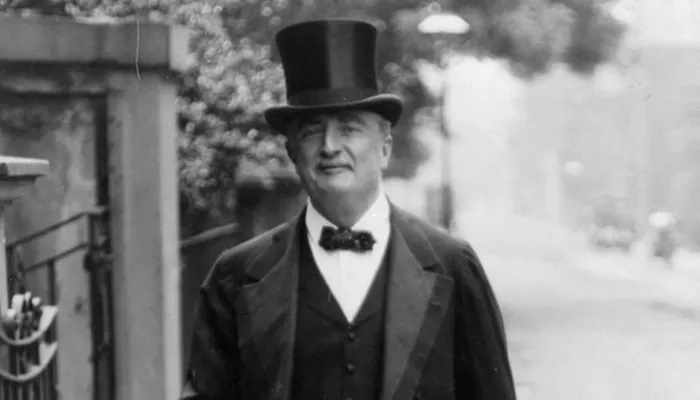January 5 has been a notable date in British history, marked by several critical events that shaped the nation. This article delves into these historical occurrences, providing a detailed examination of their context and impact. Below are the key events that took place on this date.
What Happened on January 5 in British History?
The Death of Edward the Confessor (1066)
One of the most significant events on January 5 occurred in 1066 with the death of Edward the Confessor, the last king of the House of Wessex. Edward’s reign began in 1042, and he is often remembered for his piety and efforts to promote peace in England. His death came after a series of strokes, and he left no heirs, which precipitated a succession crisis.
Edward’s death created a power vacuum in England. The immediate consequence was the election of Harold Godwinson as king by the Witan, an assembly of nobles. However, this decision was contested by William, Duke of Normandy, who claimed that Edward had promised him the throne. This dispute over succession led to the Norman Conquest later that year, fundamentally altering the course of English history.The Norman Conquest introduced feudalism to England and significantly influenced its culture, language, and governance. It marked the beginning of a new era in British history characterized by Norman rule and the establishment of a centralized monarchy.
Pope Clement VII’s Prohibition (1531)
On January 5, 1531, Pope Clement VII issued a significant decree forbidding King Henry VIII from remarrying. This event was pivotal in English history as it directly contributed to the English Reformation and the establishment of the Church of England.
Henry VIII sought an annulment of his marriage to Catherine of Aragon to marry Anne Boleyn, hoping for a male heir. The Pope’s refusal to annul his marriage led Henry to break away from the Roman Catholic Church, ultimately establishing himself as the Supreme Head of the Church of England through the Act of Supremacy in 1534.This schism not only changed religious practices in England but also had far-reaching effects on politics, society, and culture. The dissolution of monasteries and redistribution of church lands were direct outcomes that reshaped English society.
John Redmond Calls for Revolt (1900)
In 1900, Irish nationalist leader John Redmond called for a revolt against British rule. This event was part of a larger struggle for Irish self-governance that would culminate in various uprisings throughout the early 20th century.
Redmond’s call reflected growing discontent among Irish nationalists regarding British governance. He aimed to unite various factions within Ireland to push for Home Rule, which sought to give Ireland its own parliament while remaining part of the United Kingdom.The political landscape during this period was complex, with divisions between nationalists who sought gradual reform and those advocating for immediate independence. Redmond’s efforts were ultimately overshadowed by World War I and subsequent events like the Easter Rising in 1916.
Birth of Kathleen Kenyon (1906)
On January 5, 1906, renowned British archaeologist Kathleen Kenyon was born. She is best known for her excavations at Jericho and her pioneering use of radiocarbon dating techniques.
Kenyon’s work significantly advanced archaeological methods and understanding of ancient civilizations. Her findings at Jericho provided crucial insights into early urban development and social organization in ancient Palestine.Her contributions extended beyond excavation; she also played a vital role in training future generations of archaeologists and promoting women’s participation in science during a time when it was largely male-dominated.
Death of Sir Ernest Shackleton (1922)
Another notable event on January 5 is the death of Sir Ernest Shackleton, a prominent British Antarctic explorer who passed away from a heart attack off South Georgia in 1922.
Shackleton is celebrated for his leadership during expeditions to Antarctica, particularly during the ill-fated Endurance Expedition (1914-1917). His ability to lead his crew through extreme conditions without loss of life is often cited as an example of extraordinary leadership and resilience.His explorations contributed significantly to our understanding of polar regions and inspired future generations of explorers. Shackleton’s legacy continues to be honored today through various expeditions and cultural references.
Conclusion
January 5 has witnessed pivotal moments that have shaped British history across various domains—political upheaval, religious transformation, scientific advancement, and exploration. Each event discussed here reflects broader themes within British history: struggles for power, religious reformations, national identity formation, and human endurance against adversity.As we reflect on these historical milestones, it becomes clear how interconnected these events are with contemporary issues facing Britain today. Understanding this history provides valuable insights into current political dynamics and cultural identities within the United Kingdom.
Related Topics:

